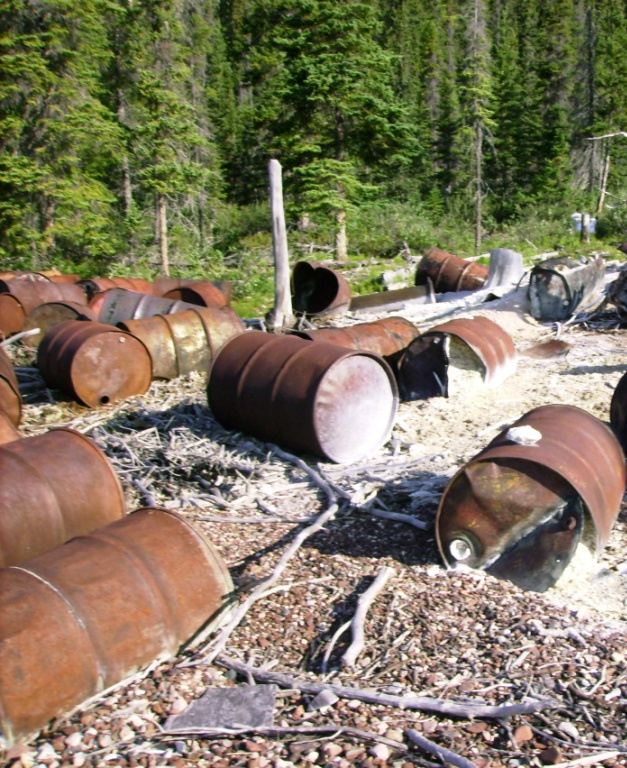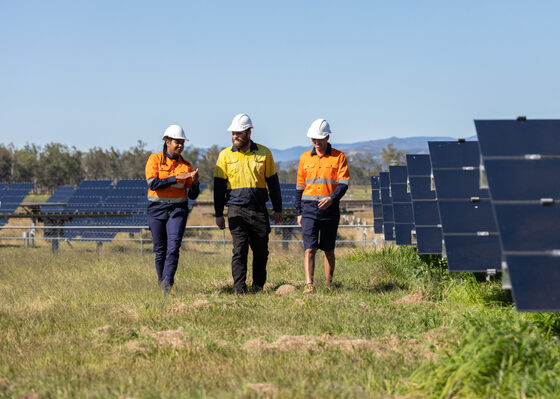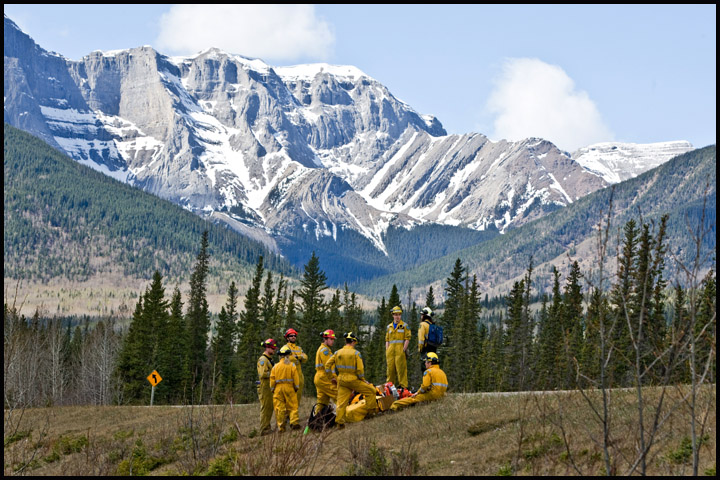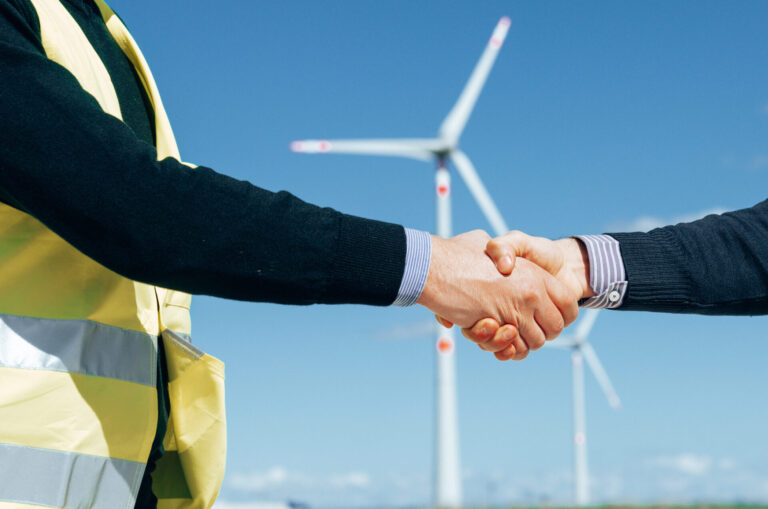Monday, October 6, 2025
Civil society groups in British Columbia have issued their annual assessment of the B.C. government’s implementation of 10 urgent climate actions to confront the climate emergency.
Today, as households in B.C. prepare for a 17.5 percent hike in the price of natural gas – to pay for new pipelines – the BC Climate Emergency Campaign’s 2024 Progress Report warns the heavy price of fossil fuel expansion is already costing people in B.C. and will worsen when the province begins exporting liquefied natural gas (LNG) later this year.
The BC Climate Emergency Campaign, whose call for B.C. to implement 10 urgent climate actions that has now been endorsed by over 600 civil society groups, is tracking the province’s progress on issues such as fossil fuel expansion, building electrification, public transit and biodiversity protection.
“If the B.C. government continues to approve new pipelines and LNG export terminals, it will make life even more unaffordable for residents in B.C. Higher bills for natural gas are already contributing to cost-of-living challenges, while wildfires and other climate-related disasters are increasing the collective costs for healthcare, insurance and infrastructure,” says Tracey Saxby, marine scientist and co-founder of My Sea to Sky.
Analysts such as Deloitte are now warning the price of natural gas will increase further when B.C. starts to export LNG later this year. The Province is likely to follow a similar trajectory as the U.S. and Australia, which both saw significant increases in domestic gas prices when these jurisdictions became LNG exporters.
Electricity bills are also poised to increase because the B.C. government wants to use clean electricity to power LNG export facilities, which could also result in a new multi-billion dollar public subsidy to greenwash fossil fuels. The capacity required exceeds the amount of electricity currently available, and the additional generation capacity that would be needed to be built out is equivalent to eight Site C projects. The Site C hydroelectric dam is the most expensive public infrastructure project in Canada.
“Will Minister Dix tell B.C. residents that they need to compete with the LNG export industry for energy to heat their homes and that their electricity and gas bills are going to go up?” Saxby asks.
There are six LNG export facilities underway or in the approval process in Canada. All are in B.C., including Woodfibre LNG in Squamish and Tilbury LNG in Delta. The Province started the latest phase in Tilbury LNG’s regulatory process today.
The emissions from these LNG export projects will be released into local B.C. communities for the 40-year lifespans of these operations.
B.C.’s annual emissions are not trending downwards and are now 26 per cent above 1990 levels, according to the most recent data to the end of 2022. In contrast, the European Union has reduced its annual emissions to 36 percent below 1990 levels, demonstrating that rapid emissions reductions are possible.
Climate change is rapidly reshaping the economy, costing B.C. taxpayers at least $17 billion a year. “It is harming our economy, driving up food prices and insurance premiums, and increasing energy and health care costs,” says Jens Wieting, Sierra Club BC’s Senior Policy and Science Advisor. “Beyond direct economic impacts, people across the province face displacement, loss of livelihoods, dangerous working conditions, and worsening public health outcomes from prolonged exposure to smoke, extreme temperatures, severe weather events, emissions from fossil fuel projects, and other climate-change related hazards.”
The BC Climate Emergency Campaign is committed to supporting the B.C. government to implement these ten urgent climate actions, working towards building a safer, healthier, and more affordable future for all British Columbians.
The 2024 Climate Action Progress Report is available here: https://bcclimateemergency.ca/s/BCCEC-Progress-Report-2024.pdf
Watch a recording of the press conference HERE.
Featured image credit: B.C. Climate Campaign












